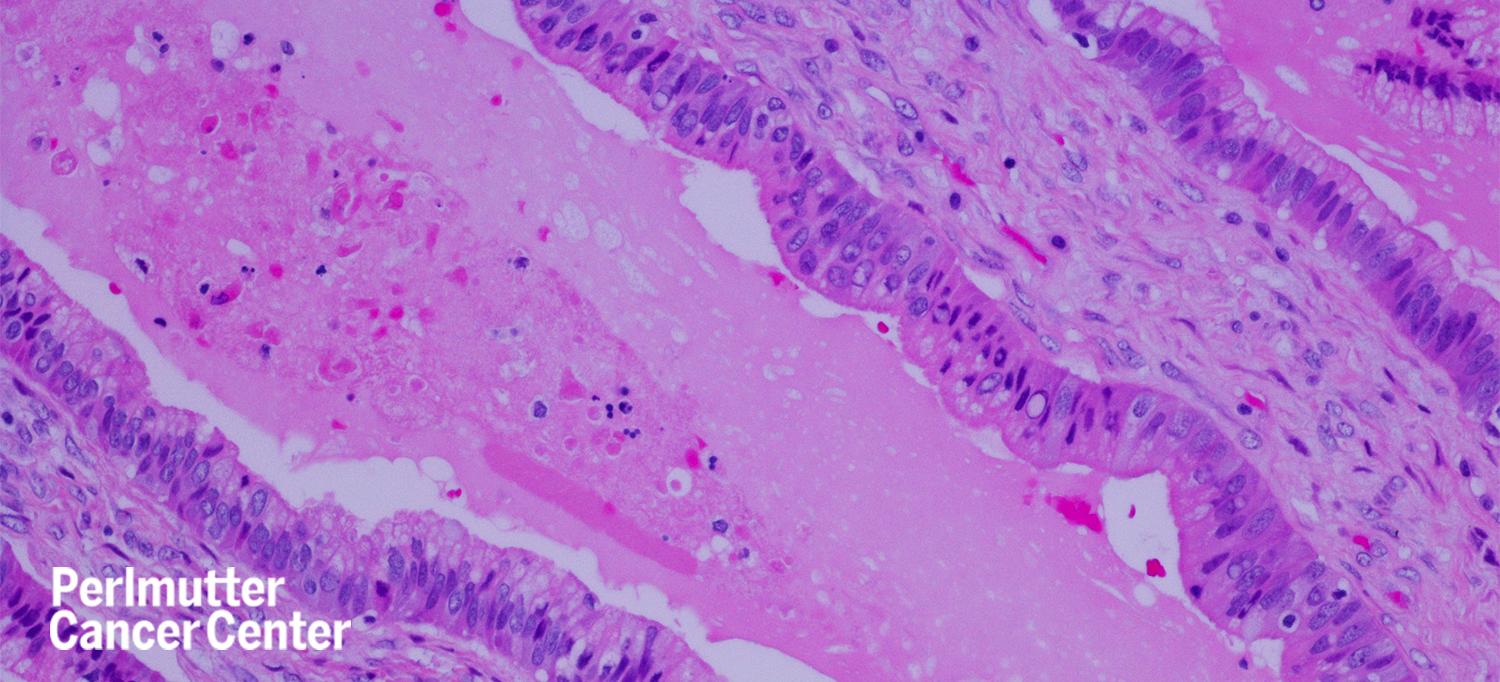
Photo: OGphoto/Getty
An experimental treatment for metastatic pancreatic cancer with the KRAS-G12D gene mutation shrank tumors in a person with the disease by 72 percent after 6 months of treatment, according to a report in The New England Journal of Medicine.
Paul E. Oberstein, MD, assistant director of the Pancreatic Cancer Center at NYU Langone Health’s Perlmutter Cancer Center, tells NBC News that the treatment, which could be years away from widespread clinical use, could be applicable to 3 to 4 percent of people with this type of cancer.
“This is really exciting because it’s like you’re watching your first view of a new treatment,” says Dr. Oberstein, also an associate professor in the Department of Medicine at NYU Grossman School of Medicine and director of the Gastrointestinal Medical Oncology Program at Perlmutter Cancer Center. “We’ve got to get it applied to more people—and this is one person—but seeing something new gets us very excited. And there’s hope, especially for pancreatic cancer, which is one of the most difficult to treat cancers.”
Watch more on NBC News.

